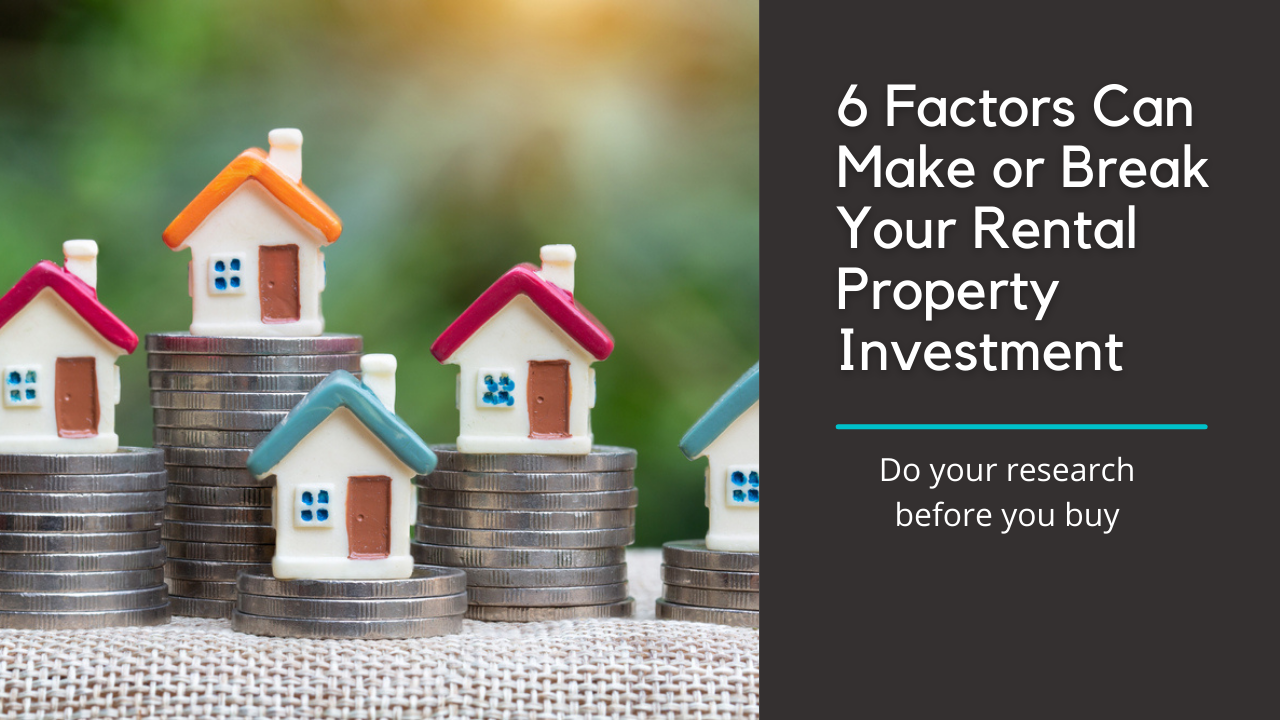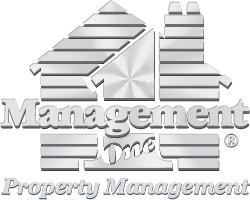
6 Factors Can Make or Break Your Rental Property Investment
Investing for your financial future requires more than just finding and purchasing a property at a good price. You did your research and have decided you want to make rental property investing your path to financial security. You’re understandably anxious to find your first property and start collecting rental income. But before you hand over a down payment on a bargain-priced single-family home, there are some factors to consider that will significantly affect the property’s ability to bring in the long-term income you desire.

It’s important to have a strategy for finding a property that will help you reach your financial goals, and the initial step in that strategy needs to be a financial analysis of the potential purchase. A financial worksheet, such as that offered in HOLD: How to Find, Buy, and Rent Houses for Wealth, will walk you through the process of determining whether a property is a sound investment. It will help you compare purchase price, interest expense, as well as maintenance and repair costs against rental income and appreciation to determine whether it’s a good investment for you at this time. However, there’s more to finding a good investment than simply finding a bargain property. There are other factors that will influence your ability to rent the property later
Do your research before you buy
When you are searching for the right property to add to your rental portfolio, it’s critical to perform the following actions:
1. Investigate the neighborhood
The neighborhood surrounding your potential property will influence the types of residents you’ll attract. For higher-quality residents, choose a decent property in an area where people actually want to live, rather than a fixer-upper in a run-down neighborhood. If you buy in a neighborhood close to a college or university, be prepared for student residents and frequent vacancies. If you opt for a middle-class neighborhood, you’ll likely attract more stable, family residence. It’s a plus if you purchase in a neighborhood with amenities such as schools, parks, movie theaters, supermarkets, and access to public transportation.
2. Factor in property taxes
Property taxes will vary by location. High property taxes will take a significant bite out of your cash flow, which you need to consider in your financial analysis. However, higher taxes typically signify a higher-class community with greater potential for attracting quality, long-term residents.
3. Consider school districts
If your target residents are middle-class families, the quality of the local school district is an important issue. Schools with poor reputations will deter the residents you’re seeking to attract. This will affect your monthly cash flow as well as the long-term appreciation of your investment.
4. Look into local crime rates
The public library or local police department will have crime statistics for different neighborhoods. Residents want to feel safe in their homes. A property in a neighborhood with a lot of criminal activity will be much harder to rent, will not generate the income you desire, and will likely depreciate in value —unless the crime rate is actually going down. In that case, you may get a great price for a property that will increase in value as the neighborhood improves.
5. Learn about the local job market
People often relocate to be near where jobs are found, increasing your pool of potential residents. But you also need to be aware of what types of companies are moving into the area, as some could have negative effects. Think like a resident. Would you desire that tire manufacturer as a neighbor? Chances are neither would your residents.
6. Research natural disasters
If you plan to invest in an area prone to earthquakes, hurricanes, tornados, floods, or other disasters, not only is your investment at risk of major repairs or mitigation activities but your insurance rates will also be higher. Investing in the single-family home rental market is still a great option for building your retirement nest egg. But if you simply cross your fingers and leave your investment choices to chance, you just might end up eating that egg to survive. The success of your property investment starts with the right properties — and that takes work.
You Found an Invest Property, Now What?
Investing starts with planning at Management One. Being Real Estate Investment Planners as well as professional property managers gives our investors a tremendous advantage when it comes to investing in residential property.
For starters, we know exactly where you need to buy properties, that are in the best rental areas with the highest rents and lowest turnover.
Real Estate Planning Services
If you’re just starting out and don’t know what you need to do first, we can help you begin with our Real Estate Investment Planning Program. On the other hand, if you are a seasoned investor and have already purchased property, we can take you to the next level in Real Estate Investing. Of course, we will also be able to manage both your current and future properties. You’ll also have secure, online access, 24/7, to your entire portfolio.
Single-Family Home Retirement Strategy (SFHRS)
This is one of our most popular and helpful programs for you as an investor. As the investor, you control everything but do none of the work. This is a true retirement program. Unlike your retirement funds in a mutual fund or 401k where you rely on fund managers to make decisions, with our program you are 100% in control of your portfolio. Therefore, you choose, and you control what assets will be there when it’s time to retire, not like many other retirement programs which have been hard hit recently and the owners have had no control over those losses.











